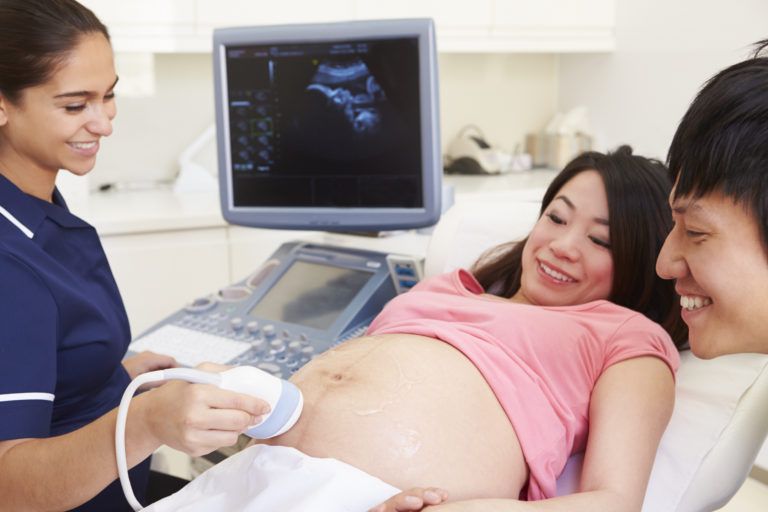50 Years Later – RhoGAM Kedplasma
(NewsUSA) Every pregnant woman in the world should know about Marianne Cummins. Over 50 years ago, Cummins was expecting her third child when she became the first person to receive an injection of a new medicine called RhoGAM, developed to help prevent a condition that resulted in the deaths of about 10,000 newborns in the U.S. annually, and brain damage in others.
“That one injection had a tremendous impact on my family,” Cummins recalled. This is because Cummins has Rh-negative blood, a trait shared by 15 percent of the U.S. population. But the fetus inside her was Rh-positive — as were her two children at home — a prospect that was terrifying. This is because during pregnancy it’s normal for some of the baby’s blood to enter the mother’s blood stream, usually at delivery. However, when Rh-positive fetal red blood cells cross into the circulation of a mother who is Rh-negative, her body reacts like it’s fighting off an invading virus, producing antibodies that can attack the baby’s blood cells.
The first child is typically unaffected. However, any Rh-positive baby after that represents a dangerous gamble. Rh sensitization can lead to hemolytic disease of the fetus and newborn (HDFN), a deadly condition. RhoGAM prevents this sensitization from happening.
“I still marvel at RhoGAM’s impact,” John Gorman, MD, co-creator of the medicine, and former director of the blood bank at New York Presbyterian/Columbia University Medical Center, has said. Its use has become standard medical practice for every pregnant Rh-negative woman, resulting in HDFN’s virtual eradication in the U.S., Canada, and Europe. Unfortunately, however, in many poorer countries an estimated 14 percent of affected fetuses are stillborn and 50 percent of live births end in death or brain injury, according to leading medical experts. So, this year, in
celebration of the 50th anniversary of the FDA’s approval, Kedrion Biopharma — which makes RhoGAM, and Columbia University Irving Medical Center — which developed it, addressed strategies for getting the medicine to the rest of the world.
“The view ahead should be bright for all women, their partners, and their families around the globe,” said Paolo Marcucci, chief executive officer at Kedrion Biopharma. In addition, a series of upcoming events throughout the year will encourage Rh-negative women to donate blood plasma to be used in the ongoing manufacture of RhoGAM.
If you are a man or woman who is Rh-negative, you may be able to donate your plasma, and receive compensation for your time and effort. To do so, you must be in good health, and between the ages of 18 and 68; reside within 90 miles of KEDPLASMA Somerset Labs; if female, you must be sterile or postmenopausal; and a KEDPLASMA Somerset physician must determine if any prescriptions you currently take affect your eligibility to donate.
KEDPLASMA Somerset Labs is located at 15 Limestone Drive in Williamsville and is a subsidiary of KEDPLASMA USA. Many have been donating for more than 5 years — some for more than 30 years. Learn more by calling 716-631-1281, or email somerset@kedplasmausa.com for a telephone interview that will help determine if you qualify for an in-person interview.












